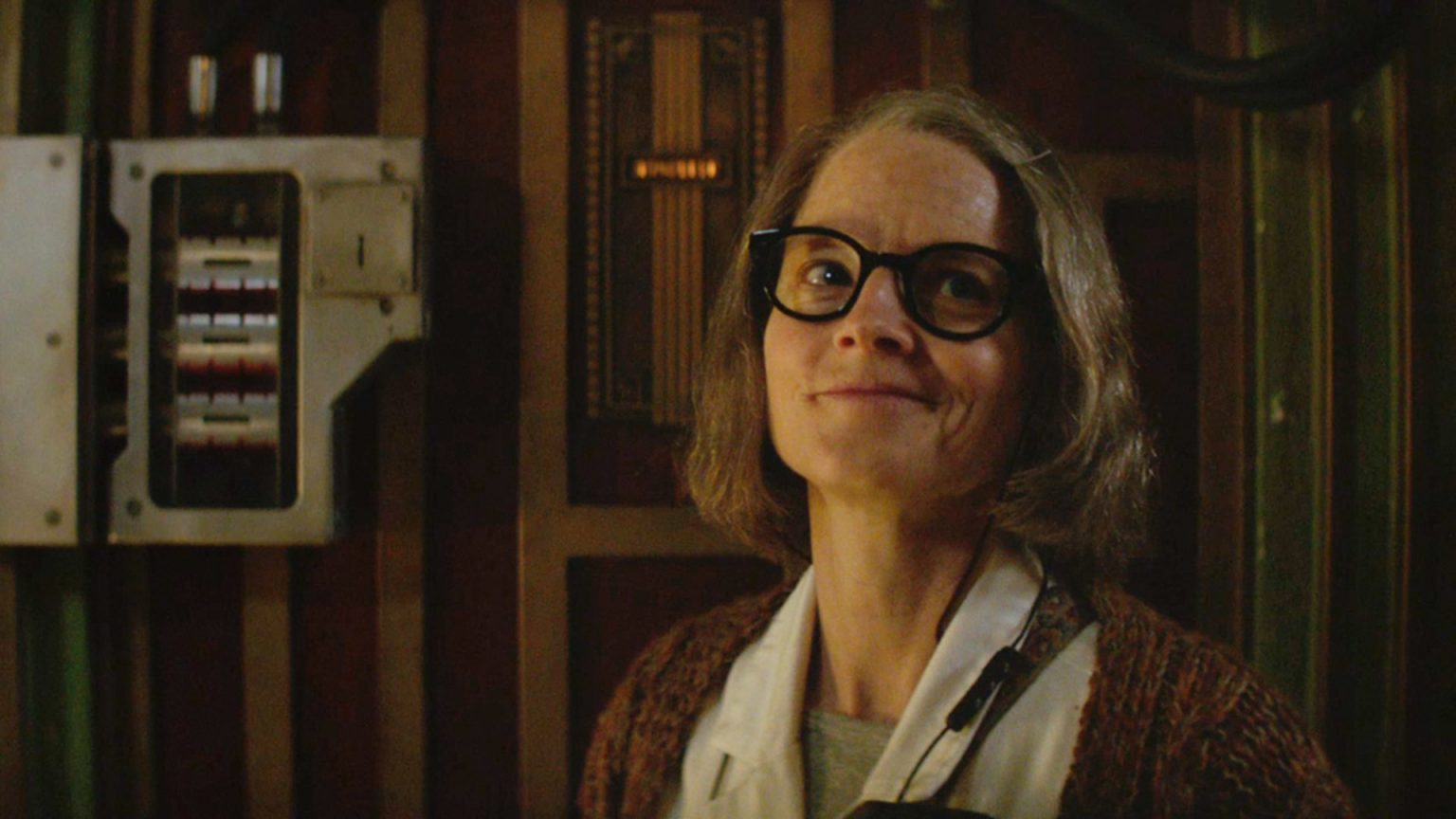Keanu Reeves finds a way to be at the center of movies that ignite stylistic universes. He did it with The Matrix, and, more recently, he has done it with John Wick, a film whose style begs to be imitated. In our age of refabricated Hollywood narratives, it’s not surprising to find that Hotel Artemis, released this past weekend, draws clear comparisons to the John Wick universe. Yet, in spite of a host of promising elements, Artemis falters where Wick succeeds.
The titular protagonist in John Wick (2014) spends much of the film releasing an onslaught of unfettered violence in order to bring his own sense of justice upon the thugs who killed the puppy that his deceased wife left him. If that sounds a little silly, maybe it is, but it works. Wick’s a former hitman, and his vengeance comes in the form of remarkable action sequences and sincere performance by Reeves. It’s an earnest and genuinely funny movie.
Written and directed by Drew Pearce (whose previous writing credits include Iron Man 3), Hotel Artemis is in many ways derivative of John Wick, but that’s not necessarily why it’s a subpar film. If anything, Artemis’s premise is an extension of the world that John Wick inhabits. Artemis follows The Nurse, played by Jodie Foster in what could be a compelling return to acting after a five-year hiatus. The Nurse runs the Hotel Artemis, a hospital for criminals located in a dystopic and riot-torn Los Angeles.
The hotel itself takes cues from John Wick, which has its own, similar institution: The Continental, a hotel for assassins and killers. In both the Hotel Artemis and the Continental, criminals are bound by certain codes (no killing on the premises, for example), which symbolize the movies’ nuanced and intricate underworlds of criminal activity, which have their own senses of order and ethics.
It’s also not the casting that makes Artemis fall short of Wick. Both films boast impressive ensembles of colorful characters filled with seasoned and up-and-coming actors. In addition to Reeves, Wick boasts Michael Nyqvyst, Willem Dafoe, John Leguizamo, Ian McShane, and Bridget Moynahan, among others. In Artemis, Foster is accompanied by Dave Bautista, Sterling K. Brown, Sofia Boutella, Jenny Slate, Zachary Quinto, Charlie Day, and the always-memorable Jeff Goldblum. Each adds its own fun flavor.
Hotel Artemis begins when a valuable item is accidentally stolen from The Wolf King (Goldblum), the most powerful and dangerous criminal in L.A. This ignites a chain reaction that interweaves the film’s characters (almost all criminals), each of whom has his or her own reasons for being at the Hotel Artemis.
Some of Hotel Artemis’s shortcomings can be chalked up to the action, or lack thereof. John Wick’s action, framed through beautifully somber cinematography, proceeds at a relentless pace. But unlike the frenetic and often disorienting editing in other action films, Wick’s sequences are smoother; they linger on the violence so that we can see John Wick’s assassin skills with refreshing clarity. Artemis, on the other hand, is never quite sure where it wants to take its action. While there are some bright spots (including one involving a 3D printer), the film places more emphasis on lackluster dialogue than it does on coordinated violence.
To be fair, Hotel Artemis and John Wick share a lot of the same flaws. In both movies, basic plot developments can feel flimsy, and supporting characters, however fun and star-studded, are too one-dimensional to become truly memorable personalities. None of these are deal-breakers for either film, though, and both are self-aware and upfront about their utter lack of self-seriousness. They aren’t trying to be airtight Christopher Nolan films.
Where these movies diverge is at their “emotional centers.” Though John Wick spends most of his screen time releasing physical aggression, his most important release is emotional. Captured by the bad guys that he set out to destroy and on the verge of being executed, Wick says that his puppy gave him “an opportunity to grieve unalone.” Screaming through blood, sweat, and maybe even tears, Wick lays his heart– and the film’s purpose– on the table.
Hotel Artemis nearly accomplishes the same goal but lacks the same punch. The Nurse is also haunted by a devastating loss, one that informed her career choice (nursing criminals back to health) just as much as John Wick’s loss prompted his return to violence. In this sense, Artemis has the potential to be a worthy and valuable companion piece to Wick. Whereas Wick’s loss prompted the violence, the Nurse’s loss leads her to save people’s lives. Though Hotel Artemis does make clear what happened in the Nurse’s past, it glosses over opportunities to probe the matter deeper and to give the Nurse (and Foster’s performance) more emotional power.
Undoubtedly, Keanu Reeves’s talent helped spawn the John Wick universe, but the strength of the original film’s writing cannot be understated. Though it doesn’t take itself seriously, the film remains well-told. Jodie Foster is also a formidable acting talent, one who very well could make Hotel Artemis something special. But Artemis makes the mistake of cramming in everything that works in John Wick except for its emotional core. Just when John Wick’s action reaches its peak, it reminds us, through Wick’s desperate shouts, that all of it, all of the death, is because someone killed his puppy. Through the style, action, and self-awareness, there’s the heart.
There’s a time and place for lamenting Hollywood’s regurgitation of storylines, but the John Wick universe isn’t it. Here, it really is fine to appropriate narrative elements. Nothing is original anyway, right? The key lies not in how well subsequent entries in the universe mirror John Wick’s action and style, but rather how well they build their own emotional worlds. Hotel Artemis, for all of its promise, seems to neglect that crucial element. Where Wick has a heart, Artemis loses its pulse.




